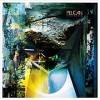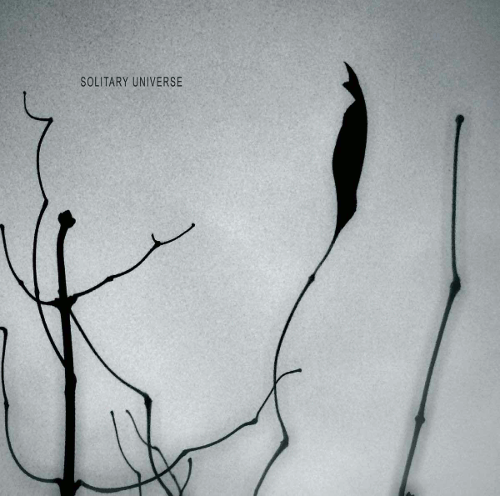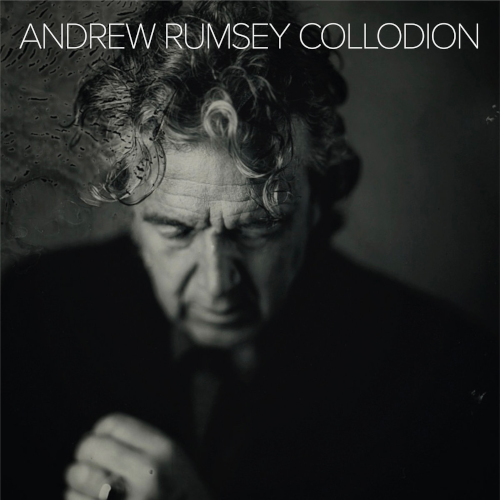 Opening with a kick drum that could loosen the fillings in your teeth, Pelican‘s fifth full length gets off to a brooding, ominous start with “Terminal,” a dark slab of menacing noise, its first half filled with an almighty bass and wailing feedbacking guitars. The dust then settles bringing in more melodic, dare I say it “post-rock” guitar lines before the ferocious bass re-enters and we ascend outwards on a rather pretty shimmering dual guitar pattern. It’s a strong return from the Chicago post-metal quartet, now featuring a slightly different line-up.
Opening with a kick drum that could loosen the fillings in your teeth, Pelican‘s fifth full length gets off to a brooding, ominous start with “Terminal,” a dark slab of menacing noise, its first half filled with an almighty bass and wailing feedbacking guitars. The dust then settles bringing in more melodic, dare I say it “post-rock” guitar lines before the ferocious bass re-enters and we ascend outwards on a rather pretty shimmering dual guitar pattern. It’s a strong return from the Chicago post-metal quartet, now featuring a slightly different line-up.
“The Tundra” is another slab of metallic riffage, its initial half resembling the more traditional, less-sludgy Pelican sound of late. This is before we break-down into a seriously ominous mid-section resembling their mid-period output, particularly career-defining The Fire In Our Throats Will Beckon The Thaw, before imploding in a back-to-their-roots sludgey outro complete with always-effective beyond-heavy double palm-muted guitar chugs, a trick that never tires to these ears. This is definitely Pelican at their heaviest.”Immutable Dusk” brings things down a notch, beginning with a Neurosis-sounding guitar before we delve into a very traditional post-rock section that to me sounds like what Explosions In The Sky might sound like if I could ever be arsed listening to them. But thankfully this doesn’t overstay its welcome and we kick back into some seriously heavy riffage, and thank goodness for that.
In an interview during their creative peak, Pelican admitted to basically filling their songs with as many guitar riffs as they could squeeze in. Those days are clearly gone, a lot of it perhaps due to the departure of Schroeder-Lebec, and where we once had crazy, intertwined riffing that could take your breath away (simply watch their live DVD When The Ceiling Cracked for many examples of this) we simply have guitars hammering chords in more traditional structures with more predictable chord progressions. Perhaps this is entirely deliberate but there is always the lingering feeling that they were always capable of offering something a bit more pleasing to the ear and less obvious. This always-present-never-to-go-away problem for instrumental bands lingers on.
-Stuart Low-



